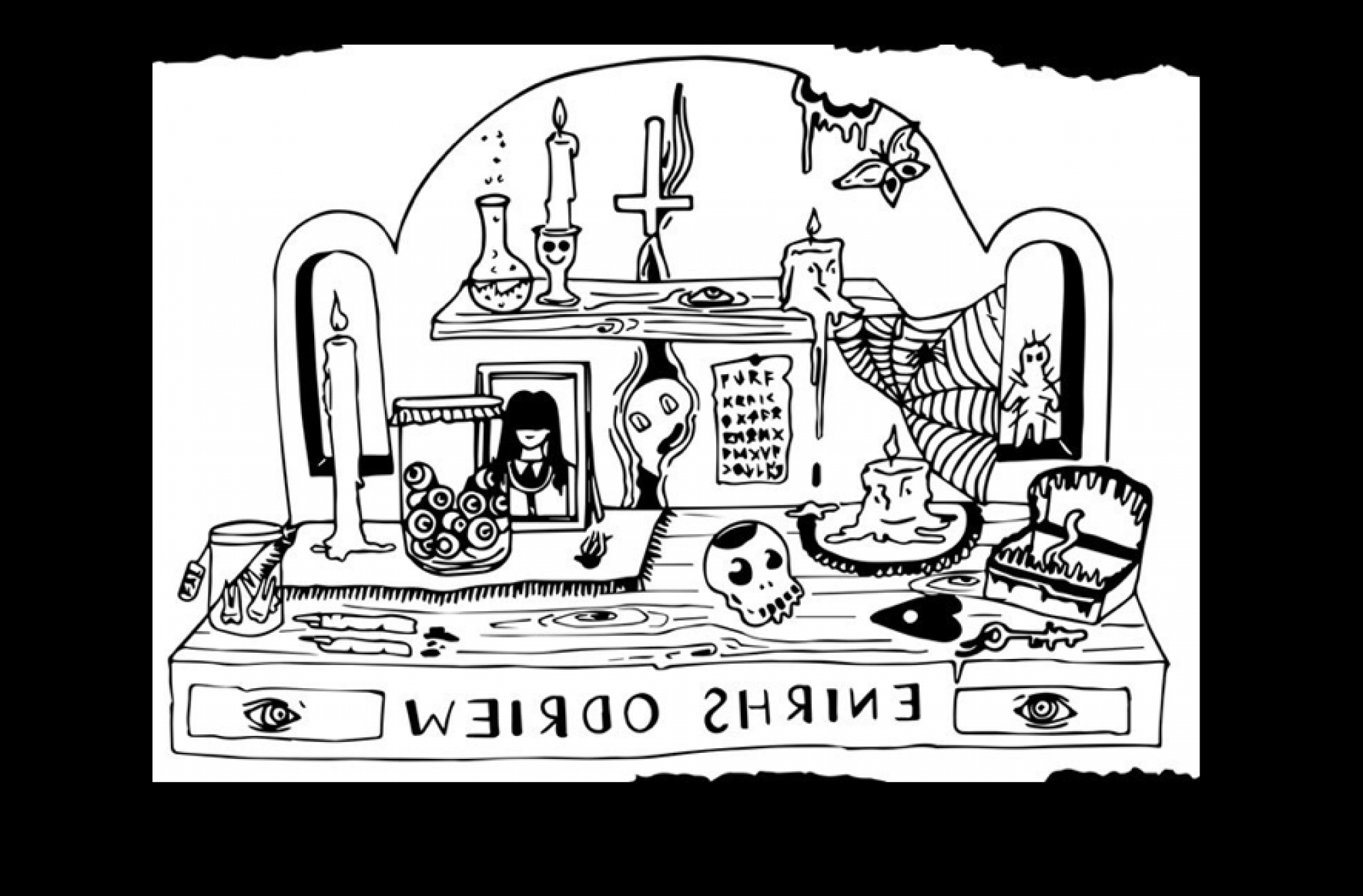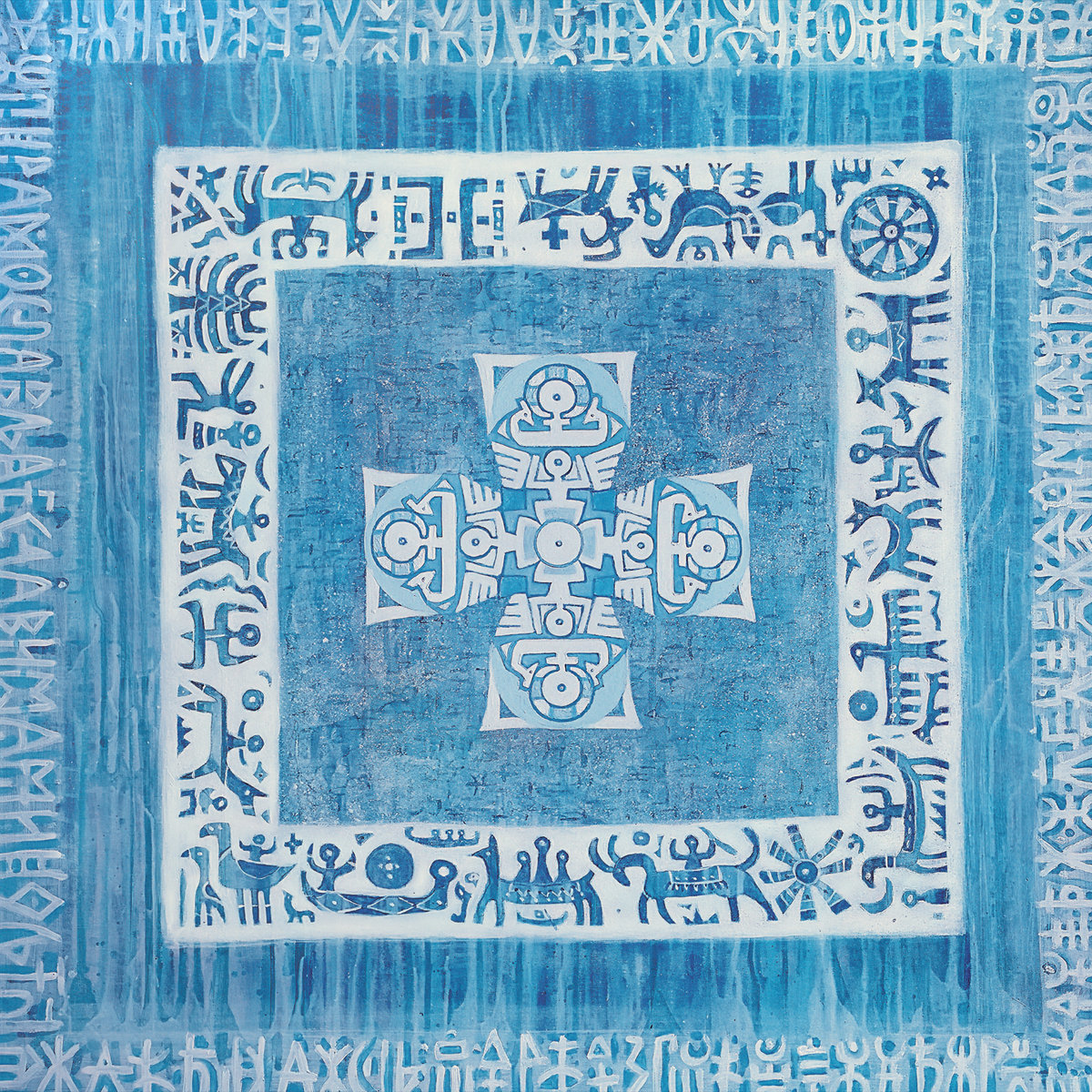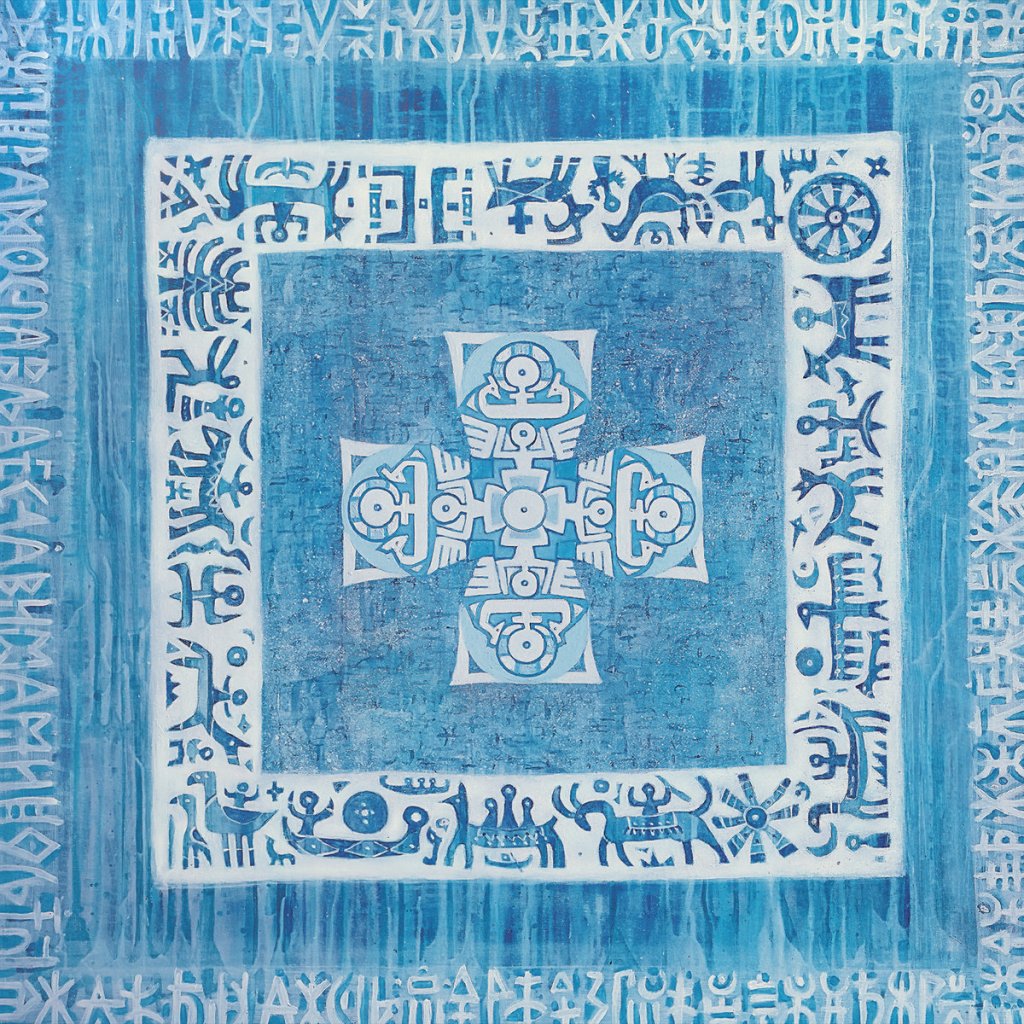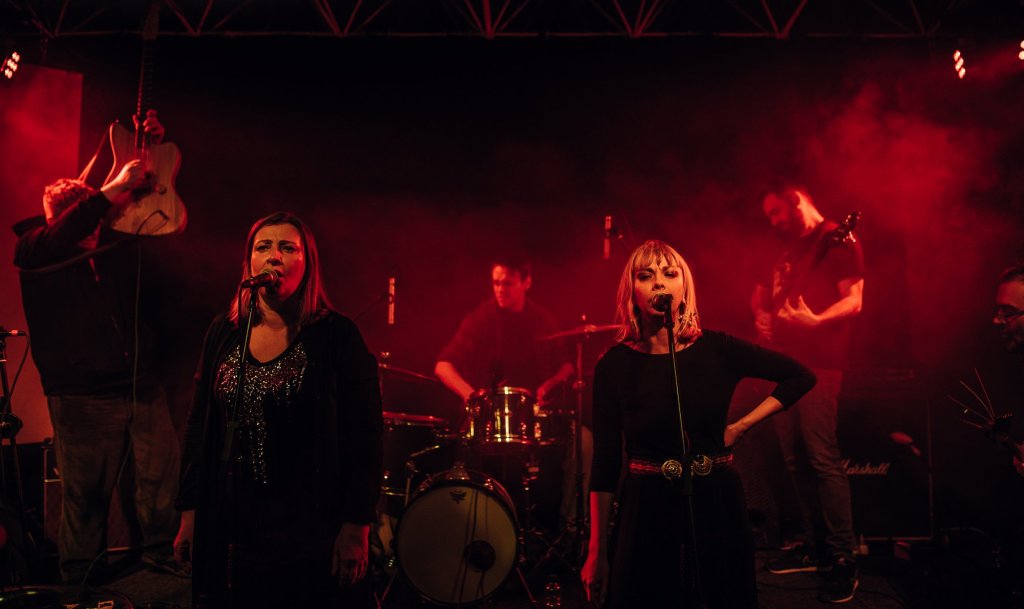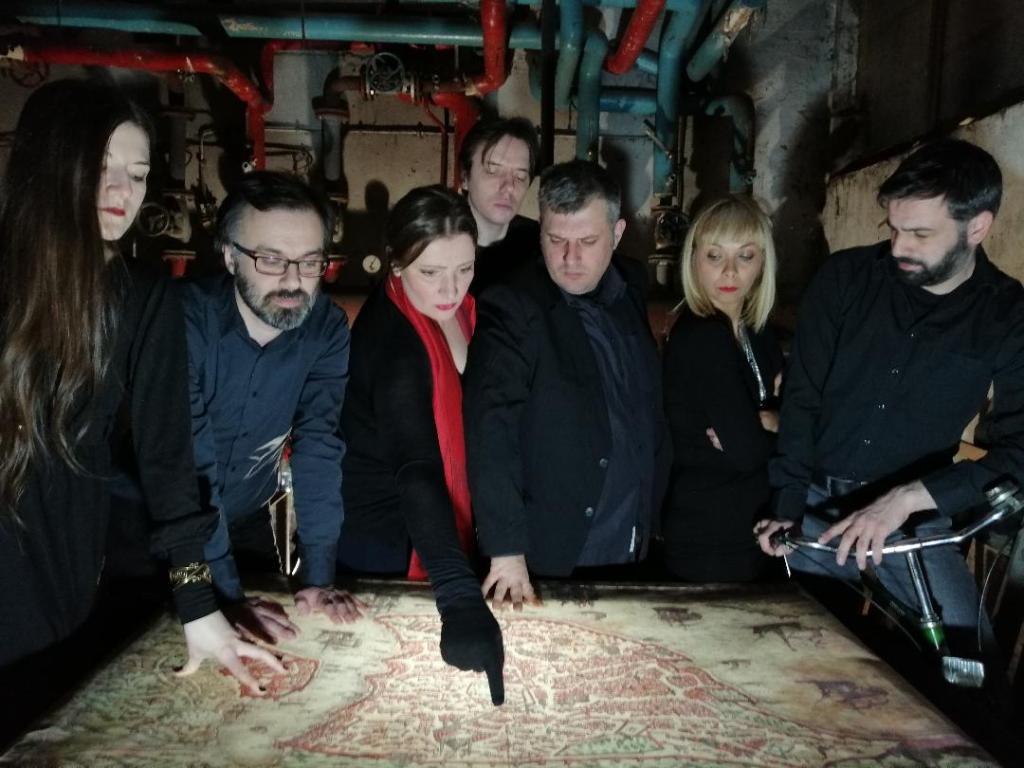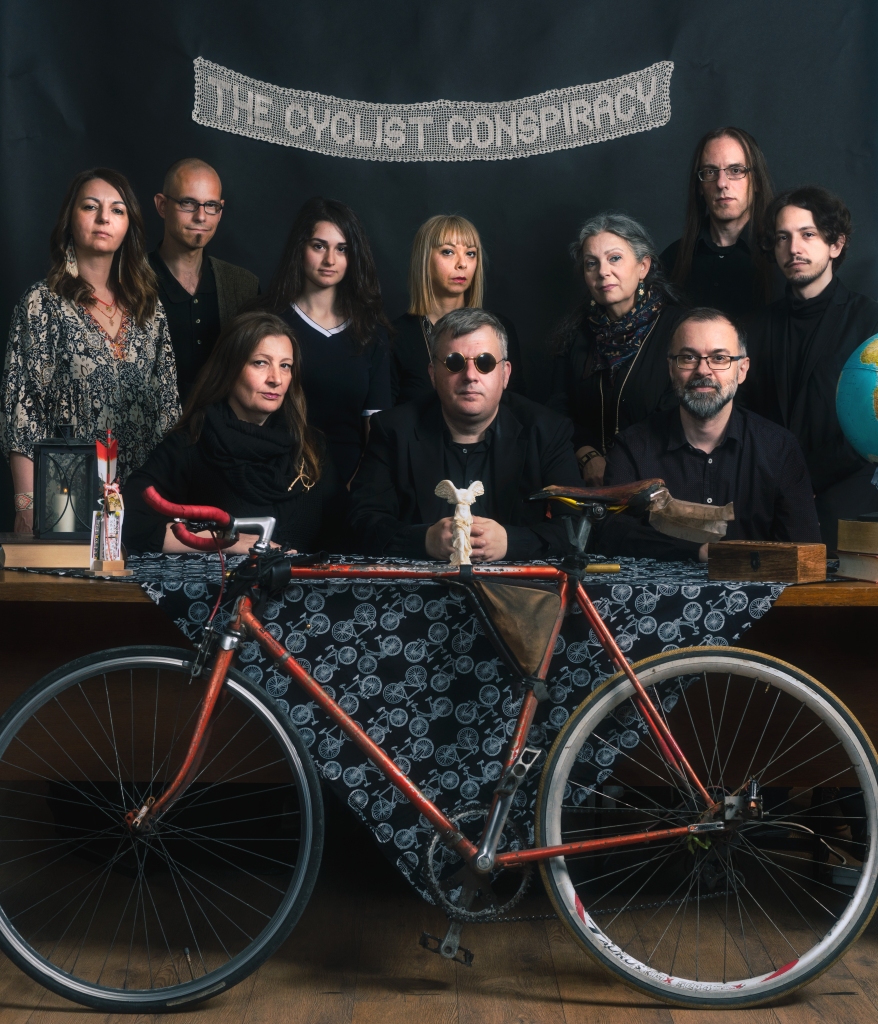
Working on an album all by yourself within the DIY ethic can be quite a pain in the backside, especially when it comes to planning. I am working on such a project with my band at the moment and I can completely relate to Cameron Selbig and his band Bleeding Lizard that way. So it was no surprise to me that even though we finished our interview months ago, it still took until November to release the new album The Mind Garden and for Weirdo Shrine to publish this article. It is all good though, just listen in quickly and see why nobody into some seriously psychedelic indie rock should miss this gem!
How are you? How was the pandemic period for Bleeding Lizard?
Well to be quite honest, this band formed well after the whole pandemic period. Since we’ve been refraining from live shows for now, there hasn’t been much interaction with us and the COVID virus. Let’s hope things stay that way when we get out on the road haha
Can you introduce yourself and your multiple musical projects? And what can you tell me about your musical background?
My name is Cameron Selbig and I have been releasing music since I was 13 years old (I’m 20 now). I’ve had a love for music ever since I was a little toddler and that has only grown as I get older. In middle school, my best friends (Benson Wood, Noah Tresner) and I started our first band called “Borderline Youth” because we all liked playing music and being in a band just sounds awesome when you’re 13 years old. We actually ended up playing quite a few shows and making a little 5 song self-titled EP and a Christmas single. Those times were fun but as we got older and entered highschool, drama arose and we eventually broke up. After that I took on making music on my own with a tiny little audio interface and a single microphone. I took on making beats in an FL Studio Demo and quickly became infatuated, I made a few horrid sounding demos and decided that music was something I would put aside for a while. Eventually I joined forces with Benson and Noah again to become what is now our main project, “Flying Fuzz”. In our time apart, Benson and Noah had picked up heavy metal and punk music and indoctrinated me into the culture. We soon picked up another member, Albert Motzel, and started playing shows all over the midwest and have made an album and 2 EPs since.
What does a regular day in your life look like?
A regular day for me isn’t much to share about, typically I’ll wake up, go into my job at the University of Minnesota, exercise, cook something nice for myself and then find some time to get outside and do something creative
What is the best thing about The Mind Garden?
The absolute best part of The Mind Garden is that it is a culmination of almost all of my musical influences up to this point and serves as a look into my mind. I feel like this album is truly a full expression of me and my essence and I hope that some people can relate to my experiences.
Where do you live and what is the environment like for musicians like you?
As of writing this I am living in both Minneapolis, MN and Madison, WI. I think that the environment for musicians in Minneapolis is amazing, there are a ton of bigger venues for smaller local artists to make their way to as well as a community for almost every genre. I do have to say there is heavy favoritism and weird clique drama between a lot of the local bands around here though. It IS avoidable if you stick mostly to yourself but honestly finding close connections in the music world here is very difficult. Lots of transactional relationships and shit-talking other bands. Madison is much worse though, there is almost nowhere to play anymore unless you’re just setting up your equipment in a park somewhere, almost all venues are 21+ and usually don’t book local acts unless they are huge bands. The DIY scene has always been great with a lot of comradery but its taken a hit this past year with the death of many of the venues that were willing to allow local acts to play. R.I.P Truckers Atlas. This is a topic I could talk about much more in depth for much longer but I feel that this interview is already getting a bit lengthy
Who are some contemporary musical heroes of yours?
Lauryn Hill, King Gizzard and the Lizard Wizard, Mac Demarco, Crumb, VomBom, SHOOBIE are all amazing
Can you tell me about how you go about composing and recording songs?
Our process is fairly unorthodox at the moment, everything is DIY and we are only just beginning to understand the nuance of the recording arts. We record out of a bedroom studio doing live drum takes into a 16-track recorder and then layering the rest of the instruments and vocals on top. Most of the songs were written as they were recorded and each one took about a day or two to record. Overall it took us about 2 weeks to be finished writing and recording. Since then, I have been spending countless hours in FL Studio, mixing and mastering all of the songs to get them to a professional sounding quality.
What are your immediate and long term future plans?
We will be preparing our live band for fall shows and planning an album release show in November.
What should the Weirdo Shrine reader do after reading this interview?
Go head on over to our spotify to listen to our first 2 singles, check out our instagram too, where we keep updates on how the band is doing plus what we’re working on 🙂

